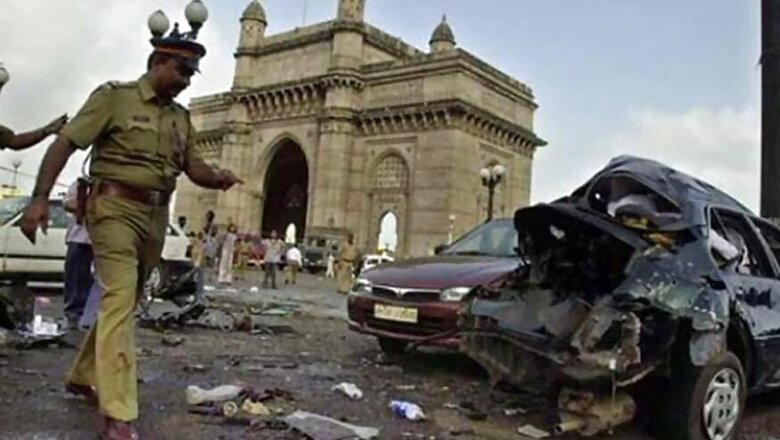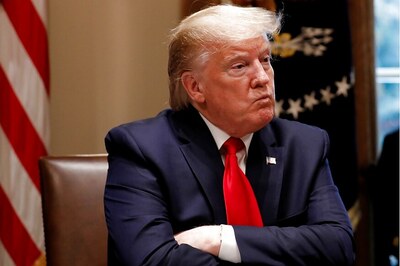
views
New Delhi: As the country awaits the last leg of verdict in the 1993 Bombay bomb blasts case from the TADA court, the former Supreme Court Judge, Justice (Retd) BN Srikrishna, who had headed the judicial inquiry commission report on the blasts, told News18 that most of the investigations carried out in the case were without evidence.
Srikrishna, who was appointed by the PV Narsimha Rao government to head the panel, said his recommendations were not implemented in full.
Speaking to News18, Justice Srikrishna said he had even questioned the manner in which investigation was carried out in the case.
The Shiv Sena-BJP government had thrashed the inquiry commission report saying that the commission had devoted over 600 pages to the riots than the blasts and hence was not a proper one. Justice Srikrishna, however, said all he had to conduct the inquiry was the police investigation report.
“If you would have followed the riots commission you would realise that whenever I had asked questions on the bomb blasts, an objection was raised saying that the matter is sub-judice in a criminal court or a criminal trial is underway. That was a standard answer, and therefore I had nothing with me except the police investigation report, which I have used extensively,” said the former Supreme Court judge.
When quizzed on the ‘reopening of old cases’, as was said in a High Court, in 2007, while acquitting the late Shiv Sena supremo Bal Thackeray, Justice Krishna said that this should not be a concern. The High Court, while acquitting Thackeray, had observed that “no ends of justice would be served by digging up the old cases after the expiry of seven years and that they would only revive communal tension. Time has already passed.”
“I don’t see any reason why old wounds would be reopened. Some people are being prosecuted and the verdict will decide they are guilty or not. Let’s not think of anything else, let’s only see that there are some people who have been accused of a heinous crime, and the court is just going to decide whether they are guilty or not,” Justice Srikrishna said.
On December 6, 1992, Babri Masjid in Ayodhya was demolished by kar sevaks. Following this, a victory rally was held by BJP and Shiv Sena in the streets of Mumbai which soon metamorphosed into a full blown communal riot, which lasted till the January of 1993. Soon Prime Minister PV Narasimha Rao constituted a judicial commission of inquiry. It was to probe the over two-month long violence on January 25, 1993, but soon the city woke up to a series of bomb blasts in March 1993.
Soon the terms of reference of the commission were changed by the new coalition government of Shiv Sena and BJP and it was tasked to delve into why the blasts took place. One of the terms of reference of the Srikrishna Commission appointed by the government was to explore whether the March 12 serial blasts had anything to do with the riots.
In its report, Justice Srikrishna stated that, “Tiger Memon, the key figure in the serial bomb blasts case, and his family, had suffered extensively during the riots and therefore can be said to have had deep-rooted motive for revenge…. There was a large amorphous body of angry, frustrated and desperate Muslims keen to seek revenge for the perceived injustice done to and atrocities perpetrated on them or to other members of their community and it is this sense of revenge which spawned the conspiracy of the serial blasts.” The report also drew a common link between the anti-Muslim riots and the bomb blasts and the report held that, “The former appears to have been a causative factor of the latter.”
On his expectation from the TADA court verdict, Justice Srikrishna said he did not wish to gamble. “I have no expectations from the court. I don’t gamble in court verdicts,” said the former apex court judge.
The primary chargesheet in the case was filed in 1994. After six years, the TADA court convicted 100 accused.


















Comments
0 comment